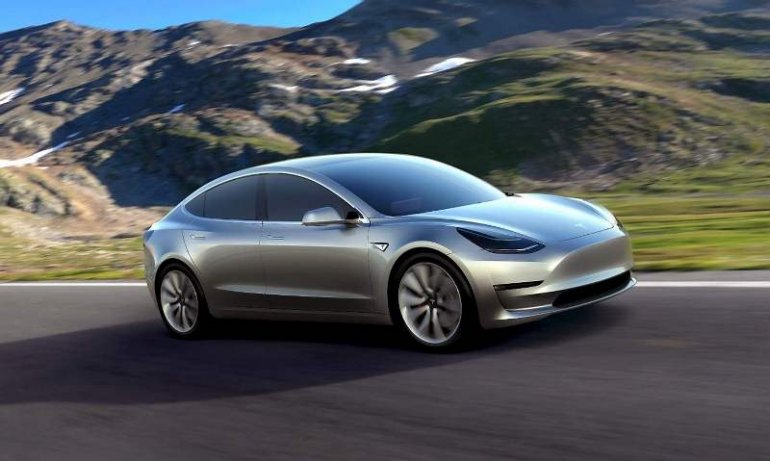After the anti-dumping petition was first filed in June, some experts said that they did not expect the government to disrupt solar development activity right now, so does the decision to begin proceedings come as a surprise?
Rahul Gupta: The fast-paced development definitely comes as a surprise. This reflects that the government is serious and working towards protecting the interests of the local manufacturers. This event has been brewing for quite some time because India imports up to 90% of its solar panels from China. In my opinion, this is the right thing to do. Yes it will disrupt solar development activity temporarily, but it will become a huge boost for local manufacturers.
I believe that as a nation, we should look at the growth of solar and growth of GDP as two correlated, connected futures.
As we have seen in the U.S. and Europe, such measures cause a great deal of friction and can harm installation activity – is the fear in India that something similar will happen?
Definitely. There is a fear of temporary slowdown. Indian industries need time to catch up with the demand. In fact, Indian solar panels were never competent enough, both in quality and cost. But one has to look forward. This is as great an opportunity as the friction it is set to create.
So looked at from the perspective of domestic manufacturers, is there the sense that something had to be done against Chinese dominance, given that around 90% of modules being installed in India right now come from China/Chinese companies?
Yes, it’s a big relief for the domestic manufacturers, albeit a temporary one. The manufacturing capacities of multiple Chinese companies like LDK, Suntech and Trina Solar are as high as 2 GW per year, as compared to the 215 MW manufacturing capacity of Moser Baer, which is the highest in India. In today’s competitive landscape, it can accurately be assumed that a capacity below 350 MW-500 MW is not competitive for mass market sales.
But this is still a half-baked measure. Imposing limits on Chinese manufacturing won’t really help anyone. The government should also start spending money to increase production capacity in India.
What do you expect will be the likely outcome of this action? Do you think the mooted tariffs of $0.11 to $0.81 per watt will be levied? And if so, could this lead to a contraction of installation rates in India?
The math is simple. China accounts for 90% of solar panels received in India, and these sell in India at a price lower than domestic sales prices. As a result of this, the tariffs in India were falling rapidly – solar panel costs fell 30% in 2016-17 alone. At a time when India’s solar capacity addition is at its peak level, with cheap Chinese imports playing a major role, protectionist measures like anti-dumping might provide a short-term relief to the local manufacturers, but may also hinder and mess with the long-term goals of clean energy in the country. The measures will therefore increase project development costs, cause installation rates to contract, and could lead to poorer installed quality because many Indian solar panels still no not have a minimum performance guarantee.
Source: pv-magazine



















China's CATL to supply car batteries to Nissan and Renault